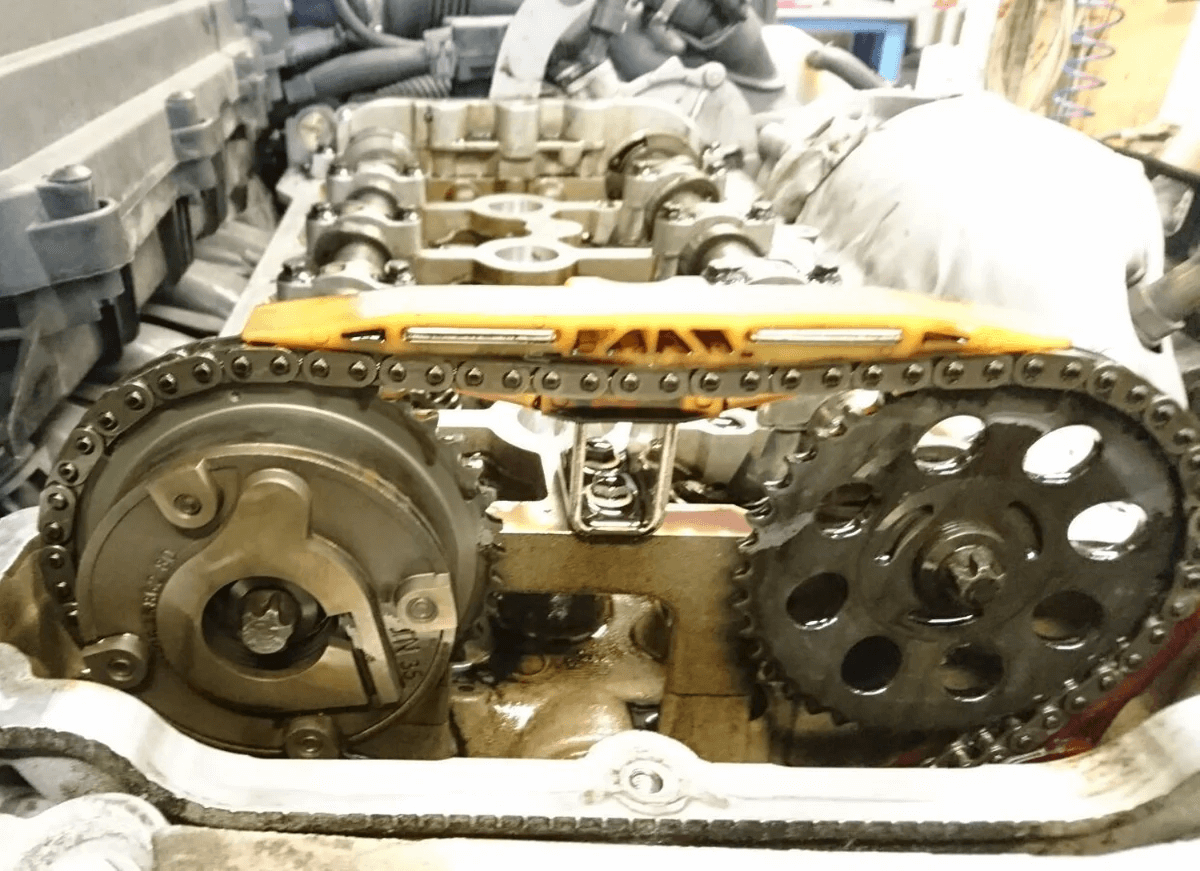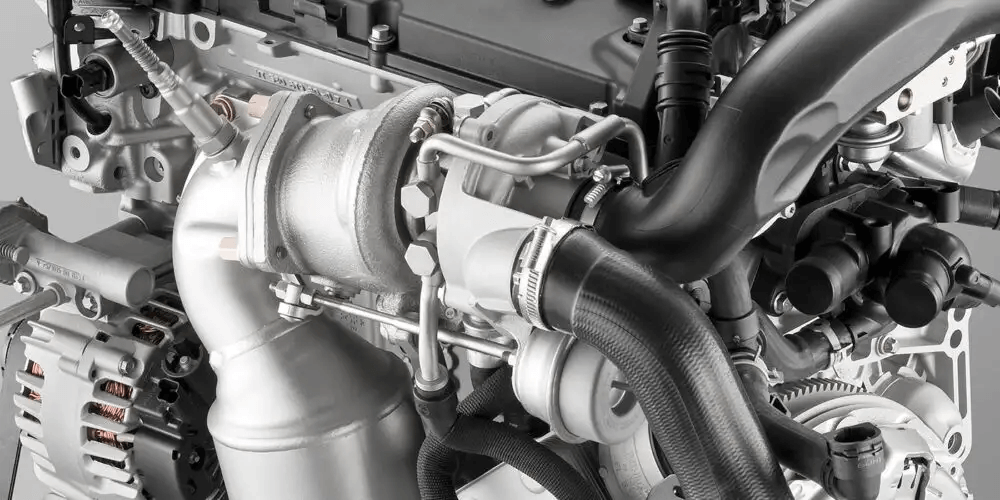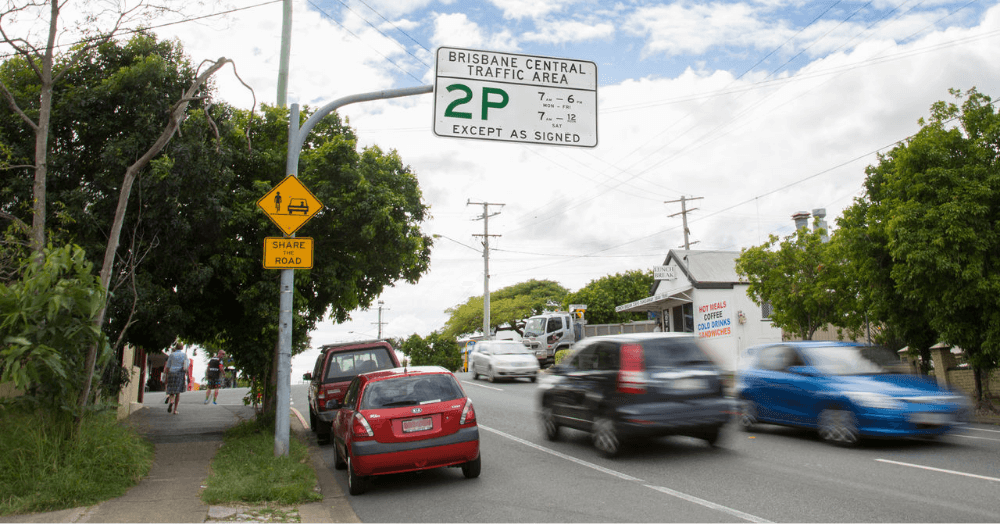MINI Coopers are well known for their unique styling, punchy performance and go-kart-like handling. But like any European vehicle, they’re not without their quirks. At our Brisbane City workshop, we service MINI Coopers of all ages and models, and over time, some common issues consistently come through the door.
If you own a MINI in Brisbane or you’re thinking of buying one, here are the problems we see most often and what you can do to avoid them.
Timing Chain Rattle and Failure
One of the most frequent issues we come across is timing chain wear, especially in earlier R-series MINI Coopers like the R56. A noisy rattle coming from the engine, particularly on cold starts, is often the first sign. If left too long, the chain can stretch or fail entirely, leading to serious engine damage.
This problem is more common in vehicles that have missed oil changes or used poor-quality engine oil. The tensioners and guides that keep the chain in place begin to break down over time, and what starts as a minor noise can quickly escalate into a major engine rebuild.
Regular oil changes using the correct specification for your MINI are essential. If you hear any ticking or rattling from the engine, especially at start-up, it’s best to have it inspected straight away.

Thermostat and Cooling System Leaks
Brisbane’s warm climate can be tough on cooling systems, and MINIs are no exception. Coolant leaks are a regular issue we see in the workshop, often from the thermostat housing, water pump or radiator hoses. These leaks can cause the engine to overheat if not addressed, which in turn can lead to more serious problems such as head gasket failure.
You might notice your MINI running hotter than usual, the cooling fan staying on longer, or a puddle of coolant on the ground. In some cases, a warning light will appear on the dashboard.
We recommend regular coolant inspections during servicing, especially if you often drive in stop-start city traffic or leave your car parked outdoors during hot Brisbane summers.

Carbon Buildup on Intake Valves
Later MINI models with direct injection engines are prone to carbon buildup on the intake valves. Unlike port injection engines, where fuel washes over the valves, direct injection allows soot and oil vapour to accumulate. Over time, this buildup restricts airflow and can cause misfires, rough idling, and reduced fuel economy.
This issue is especially common in cars driven mostly in the city, where short trips and stop-start conditions prevent the engine from reaching optimal temperatures.
Walnut blasting is a professional cleaning process that removes this carbon without dismantling the engine. We usually recommend this service every 60,000 to 80,000 kilometres for Brisbane drivers, depending on driving habits.
Oil Leaks
Oil leaks are another regular problem across a wide range of MINI models. Common sources include the rocker cover gasket, oil filter housing and front crankshaft seal. Left unattended, these leaks can damage belts, hoses and sensors, or lead to low oil levels that cause long-term engine wear.
In many cases, the leaks start out small and are easy to miss unless you’re checking the engine bay regularly. If you smell burning oil or notice oil spots where you park, it’s worth getting it checked out.
Preventative maintenance and regular inspections are key here. A minor repair now could save you from a major job later.
Electric Power Steering Pump Failure
Older MINI Coopers, particularly those built before 2008, used electric power steering pumps that are known to fail. Unlike hydraulic systems, these electric pumps rely on sensors and cooling fans, both of which can become faulty over time.
Signs of a failing pump include heavy steering, intermittent assistance or a complete loss of power steering. In Brisbane’s summer heat, overheating is a common cause of failure, especially when the car is driven in traffic or left idling with the steering turned.
We test the pump and cooling fan function as part of routine inspections. If your steering feels off or inconsistent, it’s best not to ignore it.
Automatic Transmission Issues
We’ve diagnosed a fair number of automatic transmission faults in MINI Coopers, particularly those that haven’t had regular fluid changes. Symptoms can include delayed shifting, hard gear changes, shuddering under acceleration, or transmission warning lights on the dash.
While some MINI models are sold as having “lifetime” transmission fluid, we’ve found that changing the fluid every 60,000 to 100,000 kilometres greatly improves reliability and performance.
In Brisbane, where hot weather and traffic congestion place extra strain on the gearbox, fluid changes are even more important.
Turbocharger Problems in Cooper S Models
The turbocharged Cooper S and John Cooper Works models deliver impressive performance, but the turbo system can be a weak point if not looked after properly. We often see issues caused by oil starvation, clogged oil feed lines or overheating after hard driving.
A failing turbo may whistle, smoke or lose boost pressure. In some cases, the check engine light will appear.
To reduce the risk of turbo damage, we recommend using high-quality synthetic oil, allowing the engine to idle for a short time after spirited driving, and sticking to your service schedule.

Electrical Faults and Battery Problems
Later MINI models are packed with technology, which means there’s more that can go wrong electrically. We regularly see issues with sensors, modules and dashboard warning lights. Faulty keyless entry systems, window regulators and infotainment glitches are also common.
Brisbane’s humid climate and sudden temperature changes can also affect battery health. Many MINI drivers experience weak starts or unexplained warning lights caused by low battery voltage.
We recommend battery testing at least once a year, especially if your MINI is parked in an underground garage or only used for short trips.
How Brisbane Conditions Affect Your MINI
Brisbane’s climate and traffic conditions can speed up wear and tear on your vehicle. Stop-start driving, heat, humidity and uneven road surfaces all put pressure on suspension components, cooling systems and electronics.
While MINIs are engineered to a high standard, they benefit from servicing that takes these local conditions into account. That’s why having your car looked after by a Brisbane MINI specialist can make a noticeable difference to performance and longevity.

Thinking of Buying a MINI in Brisbane?
If you’re thinking of buying a used MINI Cooper, it’s worth getting a pre-purchase inspection from a workshop that understands the brand. We regularly assess used MINIs for buyers and can quickly spot the warning signs of costly repairs.
A full-service history is a good start, but it’s not a guarantee. We often see vehicles with up-to-date stamps but hidden problems that are easy to miss without a proper diagnostic check.
Whether you’re buying a MINI Cooper Hatch, Countryman or Clubman, make sure you go in with eyes wide open.
Final Thoughts
MINIs are rewarding cars to own and drive, but they need the right care to stay that way. At our Brisbane City workshops, we specialise in the full MINI range, from early R-series models to the latest electric variants.
We know the common problems, how to prevent them and how to fix them properly when they appear. Whether you’re hearing a strange noise, seeing a warning light or just need a trustworthy MINI logbook service, we’re here to help.
Book your MINI in with us today and enjoy expert care, transparent pricing and personalised service from Brisbane’s local MINI specialists.





